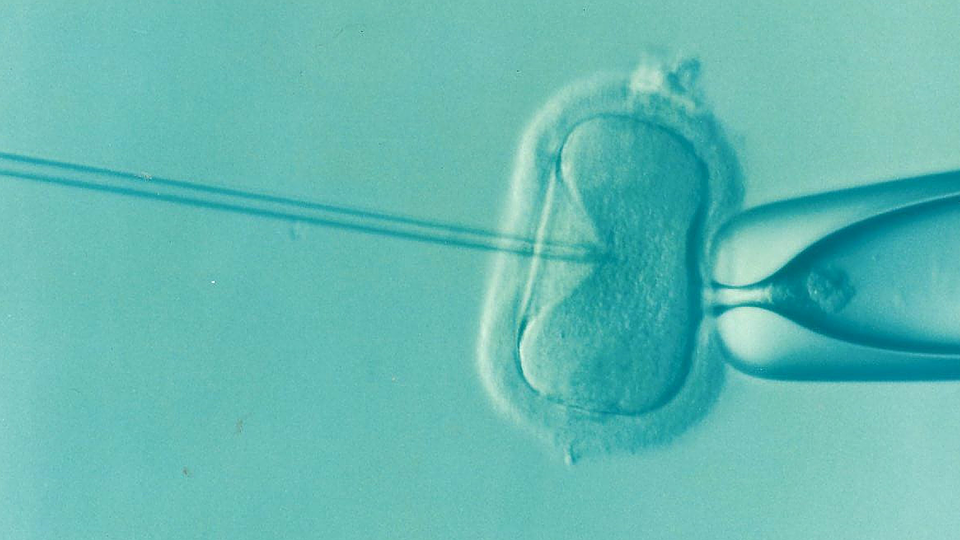Four women have given birth to five children, including two sets of twins, following a controversial IVF (in-vitro) fertilisation procedure in a fertility clinic in Osaka. The information was publicised on 21 June. In this case, the experimental IVF procedure involved injecting the mother’s mitochondria [1] into her eggs. The mitochondria were harvested from 33 women, embryos were implanted in 21 of them and 4 gave birth. The clinic will monitor the children’s health up to 5 years of age “to confirm treatment safety”.
Yoshiharu Morimoto, Clinical Director, explained that, “injecting the mitochondria improves the quality of the fertilised eggs and the probability of pregnancy is increased”, whilst acknowledging the fact that the mechanism of action is as yet unknown. Although advocates of this process have deemed treatment to be effective in enhancing the chances of pregnancy, other experts have voiced their concerns about the lack of inherent safety in the procedure. Osamu Ishihara, Professor of Gynaecology and Obstetrics at the Saitama School of Medicine, believes that, “there is no reason to say that this treatment led to the birth of children. Anomalies often appear in the nuclei of eggs in older women and mitochondria are not supposed to improve their quality”. Tetsuya Ishii, Professor of Bioethics at Hokkaido University has also criticised the procedure implemented at the Osaka Clinic: “Treatment does not constitute a clinical study because we cannot prove the efficacy of the method due to inadequate comparison with cases for which this type of treatment has not been applied”. The professor added that the Health Minister and the Obstetrics and Gynaecology Company ought not to have approved this type of treatment, the safety and efficacy of which have not been verified. The process envisaged by the Americans has not been approved by the Food and Drug Administration (FDA).
[1] Mitochondria are small organelles that play a vital role in cell energy processes
The Japan Times (22/06/2017)

